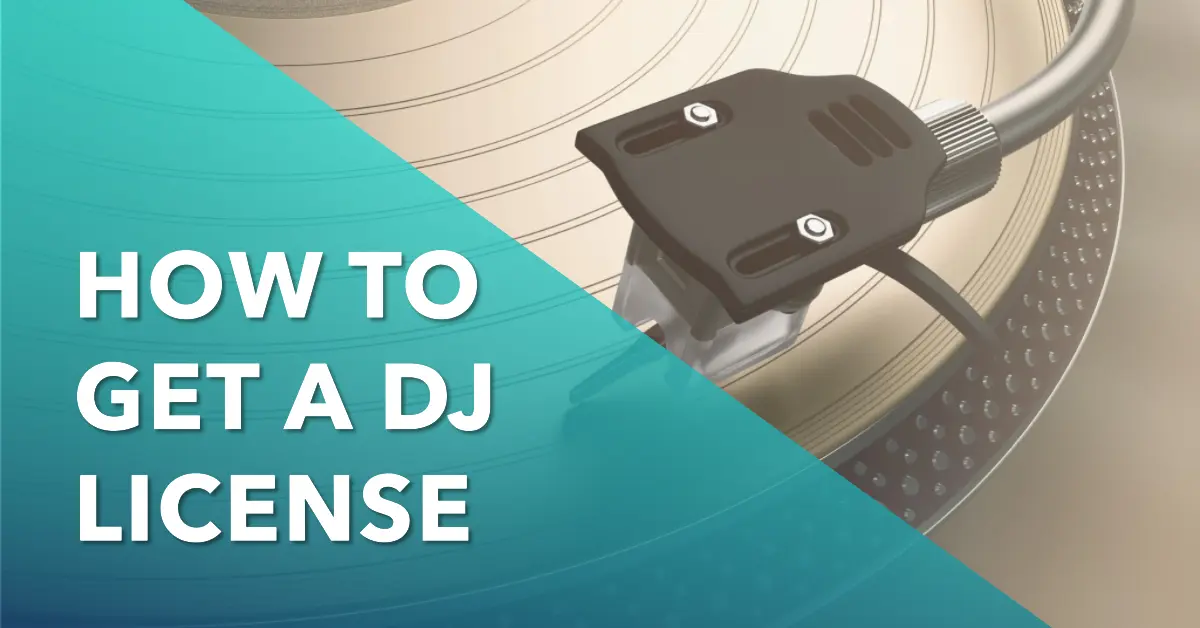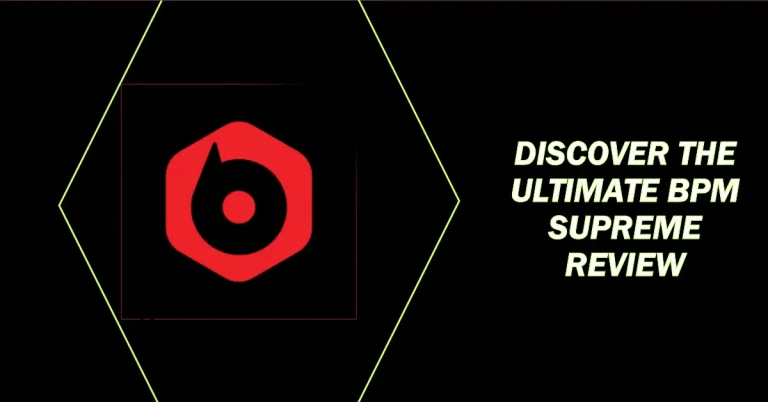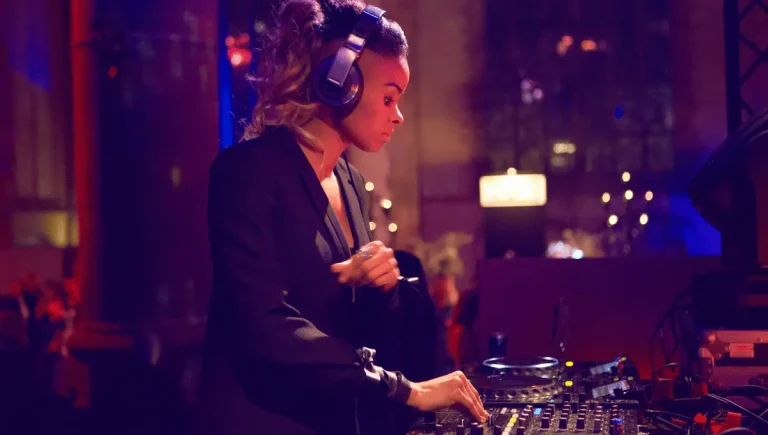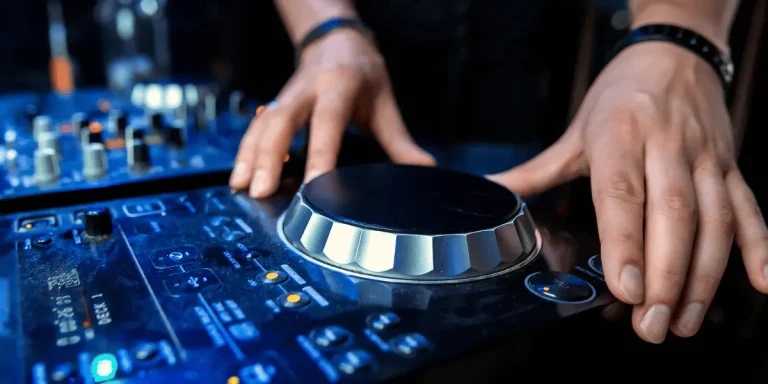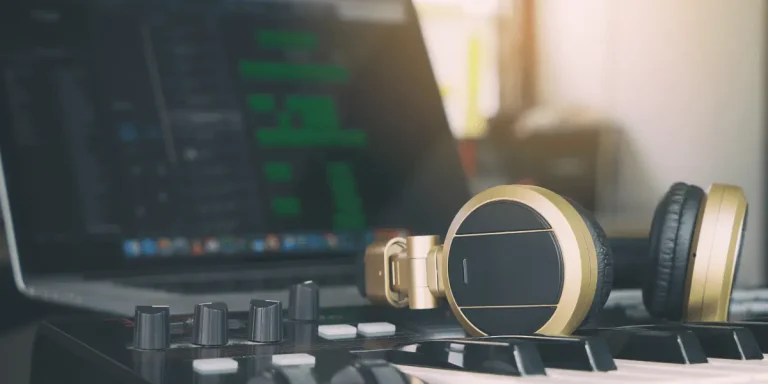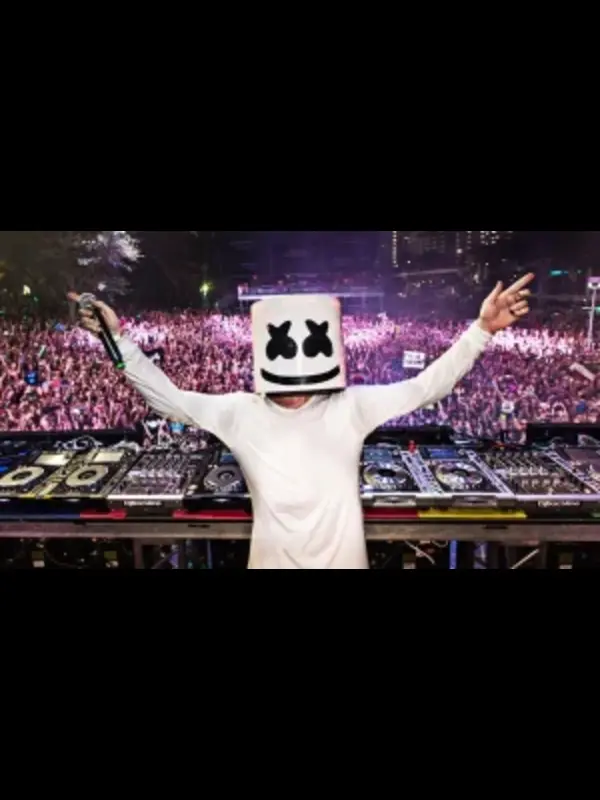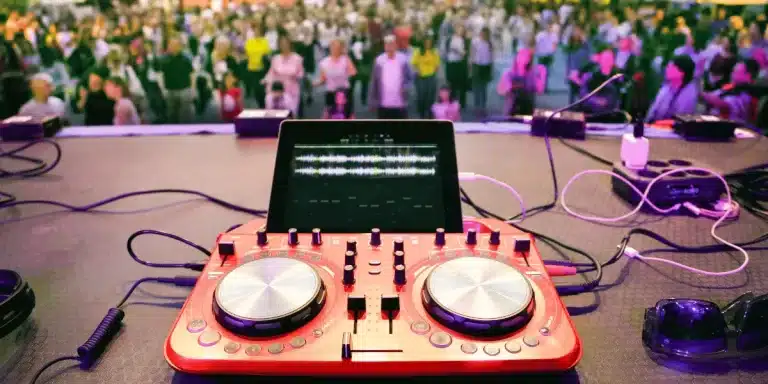How to Get a DJ License?
When it comes to how to get a DJ license, the process can vary depending on where you live. In general, it involves a few key steps. First, you’ll want to research the specific requirements in your country or state. This might include obtaining a business license, registering with a performing rights organization, and complying with any local regulations. To start, check with your local government or licensing authority to find out what licenses or permits are necessary for operating as a DJ. They can provide you with the necessary forms and guide you through the application process. It’s important to make sure you’re in compliance with all legal requirements to avoid any issues down the road.
It’s always a good idea to stay informed about any local regulations that may apply to DJs. These could include noise ordinances, venue permits, or other specific rules for performing in certain areas. By being aware of and following these regulations, you can ensure a smooth and legal DJing experience. Step by step we will tell you about “how to get a dj license”.
DJ License and Music Copyright Laws
Sure, let’s talk about DJ licenses and copyright laws! A DJ license is a legal permission that allows DJs to perform and play music publicly. It ensures that DJs comply with copyright laws and properly compensate artists for the use of their music.
Copyright laws protect the rights of creators and owners of original works, such as music. DJs need to obtain proper licenses to use copyrighted music in their performances. This includes obtaining licenses from performing rights organizations (PROs) like ASCAP, BMI, or SESAC which collect royalties on behalf of songwriters and publishers.
By obtaining a DJ license and paying the necessary fees, DJs can legally use copyrighted music in their sets and ensure that the artists are fairly compensated. It’s important to respect copyright laws and support the music industry by obtaining the appropriate licenses.
Remember, respecting copyright laws not only protects the rights of artists but also helps to foster a fair and thriving music industry. Keep rocking the beats responsibly!
Public Performance License
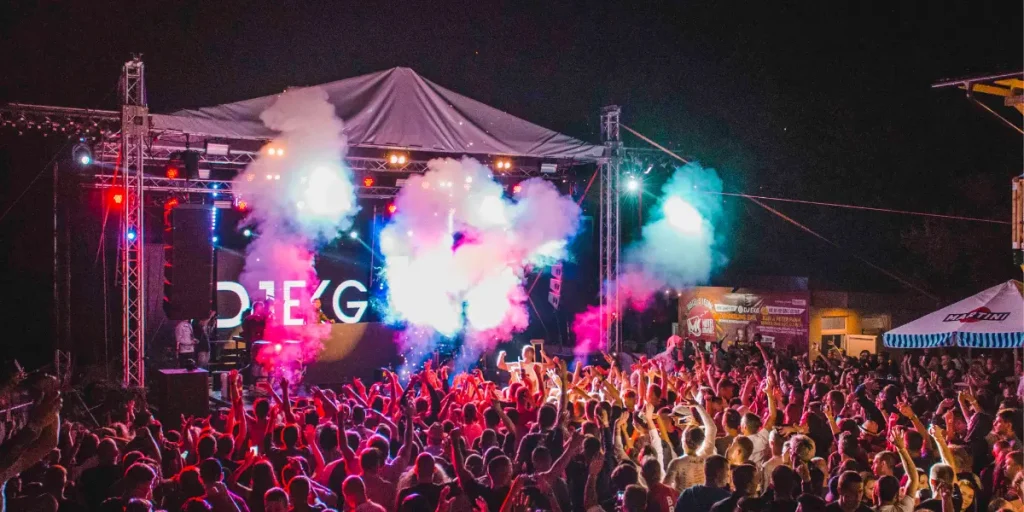
Sure, let’s dive into public performance licenses and fair use! A public performance license is a legal authorization that allows DJs to publicly play copyrighted music. It ensures that DJs comply with copyright laws and properly compensate artists for the use of their music.
Fair use, on the other hand, is a legal doctrine that allows for the limited use of copyrighted material without obtaining permission from the copyright holder. Fair use is determined by considering factors such as the purpose and character of the use, the nature of the copyrighted work, the amount and substantiality of the portion used, and the effect on the market for the original work.
While fair use can provide some flexibility in certain situations, it is important to understand that it is a complex and often subjective concept. DJs should exercise caution and consult with legal professionals to ensure they are staying within the boundaries of fair use when using copyrighted material.
It’s crucial to respect copyright laws and obtain the necessary licenses to support artists and the music industry. By doing so, DJs can continue to share their passion for music while also respecting the rights of creators. Keep spinning those tracks responsibly!
Public Performance Royalties
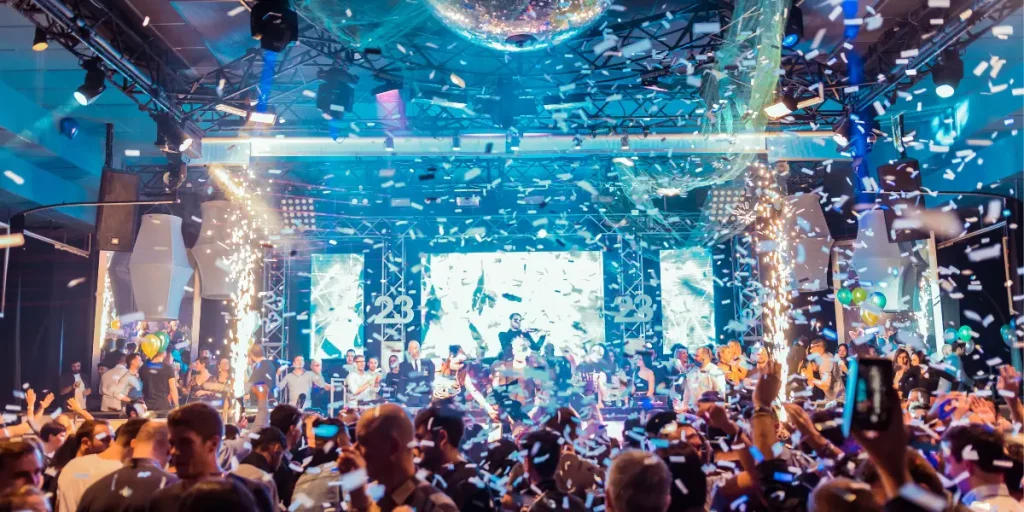
When it comes to public performance royalties, it’s all about ensuring that artists and songwriters get paid for their hard work. Public performance royalties are fees paid to the creators of music whenever their compositions are played in public such as in bars, restaurants, clubs, or even on the radio. These royalties help support the livelihood of musicians, songwriters and allow them to continue creating the music we all love.
Performing rights organizations like ASCAP, BMI and SESAC play a crucial role in collecting and also distributing these royalties. They act as intermediaries between the creators of music and the establishments that play their music. These organizations negotiate licenses with venues and businesses, granting them the right to publicly perform music from their vast catalogs.
When a venue or business obtains a license from a performing rights organization then they gain the legal permission to play music from that organization’s repertoire. In return, they pay licensing fees, which are then distributed as royalties to the songwriters, composers and publishers whose music was performed.
So, the next time you should be mandatory a DJ music license at a public venue, remember that those artists and songwriters are being compensated for their incredible talent through public performance royalties. It’s a system that helps support the music industry and also allows artists to continue creating the music we all love.
Conclusion
So, as you well know, to get a DJ or mobile DJ license , you’ll want to connect with performing rights organizations like ASCAP, BMI, or SESAC. They’re the experts in this area and can give you all the deets on how to get a DJ license. They’ll guide you through the process and let you know about any costs involved. Get ready to spin those beats legally.
FAQs
If you have any question about this topic (how to get a dj license) then feel free and ask any type of question.
A DJ license is a legal document that grants DJs the authority to perform and play music publicly. It serves as a way to ensure that DJs are following copyright laws and properly compensating artists for the use of their music. The specific requirements for obtaining a DJ license can vary depending on your location. In some cases, you may need to obtain a business license to operate as a DJ. This license allows you to legally conduct your DJing activities as a business entity.
The cost of a DJ license can vary depending on various factors such as the type of license, the region or country you’re in. And the organization you obtain the license from. It’s best to reach out to performing rights organizations (PROs) like ASCAP, BMI, or SESAC. As they can provide specific information on the costs associated with obtaining a DJ license in your area. They will be able to guide you through the process and provide you with accurate pricing details.
If we roughly estimate the cost of a DJ license then for a small business the annual public performance fee is $300 to $500. And if we talk about the large business then yearly fee $2,000 to $9000 per location.
No worries, I got you! The need for a DJ license to play music depends on the specific context and also location. In some cases, DJs may need licenses to legally perform in certain venues or public events. These licenses are typically obtained through performing rights organizations like ASCAP, BMI, or SESAC.

